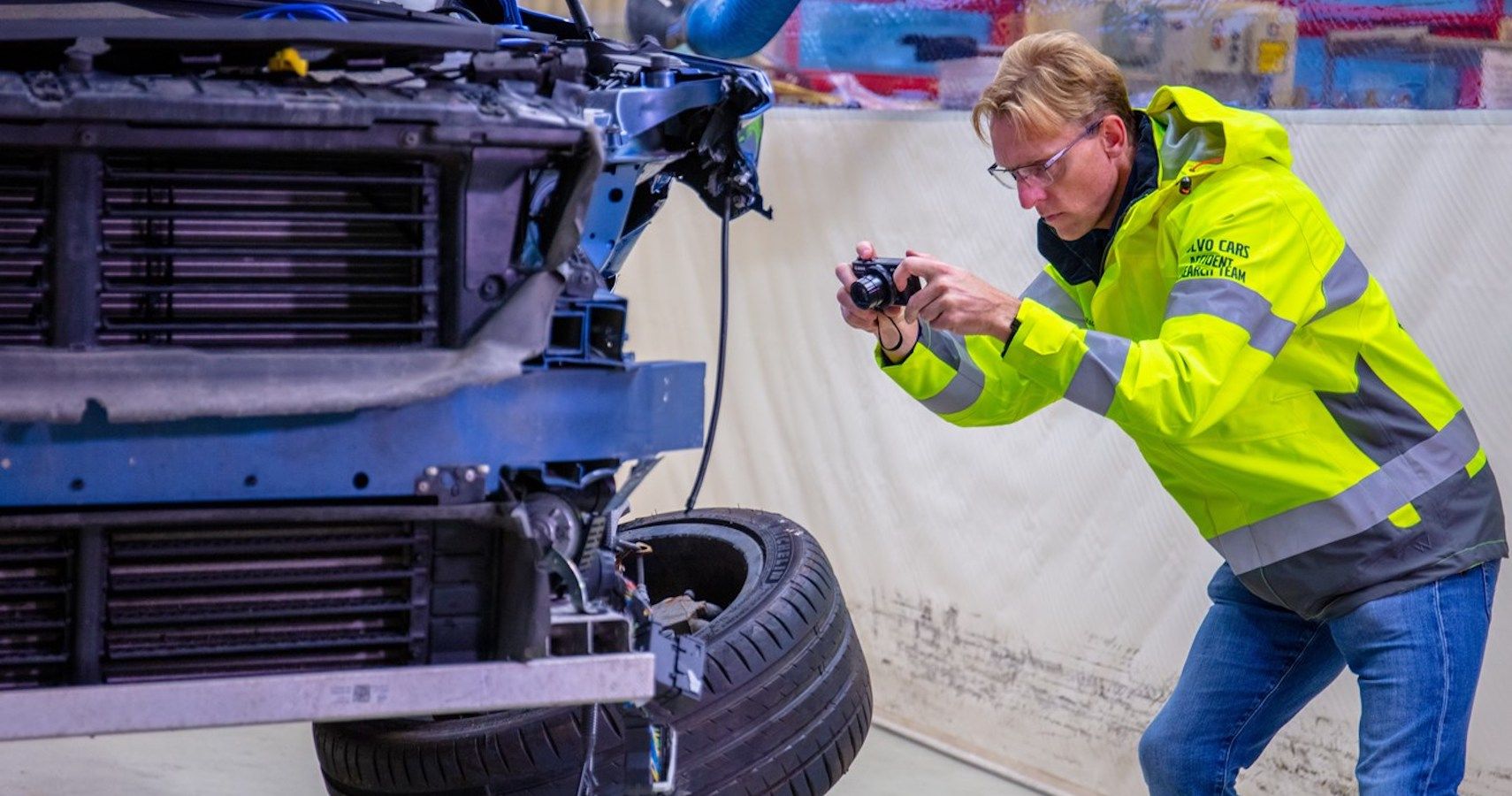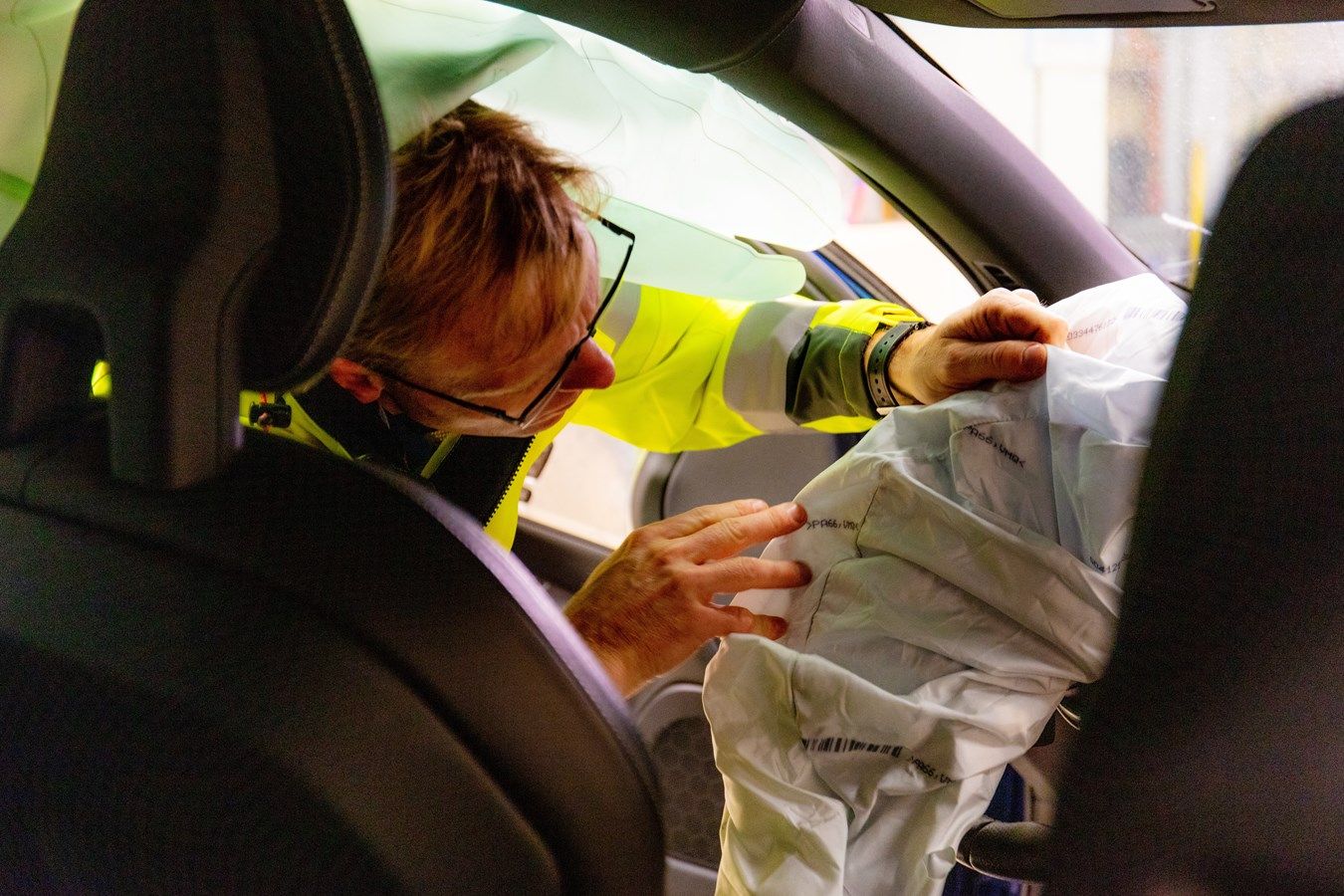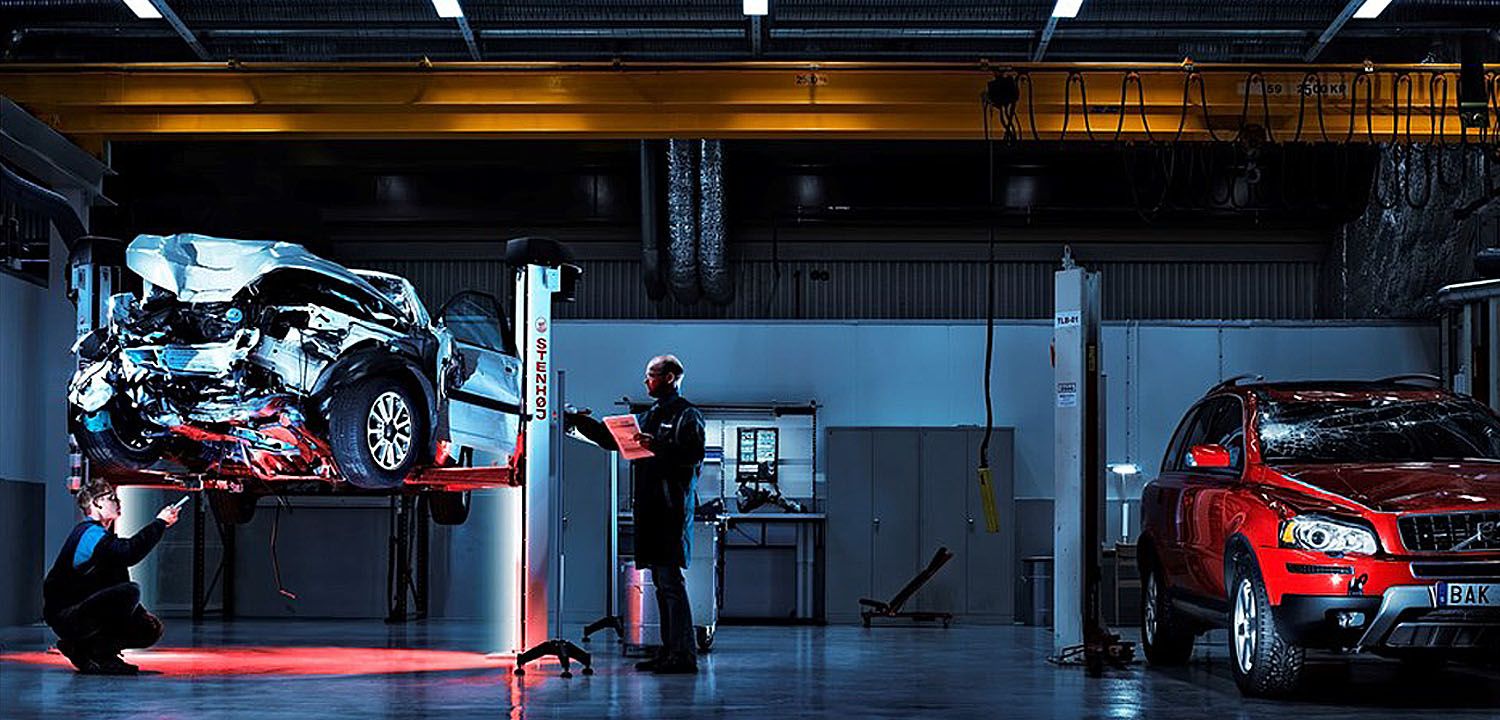It’s the worst-kept secret in the motor industry that Volvo is known for safety innovation. Setting aside the occasional hoonigan, they’ve pioneered three-point seatbelts, side impact airbags and other inventions that have become standard equipment in modern cars. A better-kept secret—unless you live in Sweden—is the Volvo Cars’ Accident Research Team, dedicated to making cars safer.
And they just celebrated 50 years of operation.
Volvo’s Bad Boys
Although they have been getting into electrification the last few years, Volvo never steered from the safety brief. Proudly calling themselves the in-house detectives, the Volvo Cars’ Accident Research Team is a company organization designed to investigate real-world traffic collisions. The data that’s collected is then used to help determine how to improve future Volvos (and the industry to follow) toward an ever-higher standard in crash protection.
So if a Volvo-related accident occurs within the area of Gothenburg, Sweden, a team of on-call detectives will come out and document the scene. They’ll take photographs, ask questions, determine the sequence of events, and make conclusions from there.
Such questions related to safety include: How big an impact was the collision? Did active safety systems intervene? What condition were the roads? General followup questions include the time of day and weather condition when the accident occurred.
Back At The Office
On-scene work concluded, the process occurs back at the office. Typically, it consists of accessing public police reports to go over any details they missed, inquiring with the driver, and examining the car to a greater degree. With consent, they’ll receive medical records relevant to the injury(s) caused by impact.
In addition to the detectives, the program includes experts in biomechanics, physicists, behavioral scientists and other support personnel, as well as cooperating emergency services. Annually, roughly 30-50 accidents are recorded in all. The effort pays off, as noted by the Head of Volvo Cars Safety Centre.
"Accidents still do happen," said Mail Ekholm. "But nowadays the consequences are much milder and serious injuries are much rarer than they used to be."
Volvo’s quest for zero deaths (and serious injuries) is well underway as the company vision is founded on the principle of safety. The strain of commitment shown by the Accident Research division shows that it’s possible to achieve that ambitious goal— perhaps in the next 50 years.



